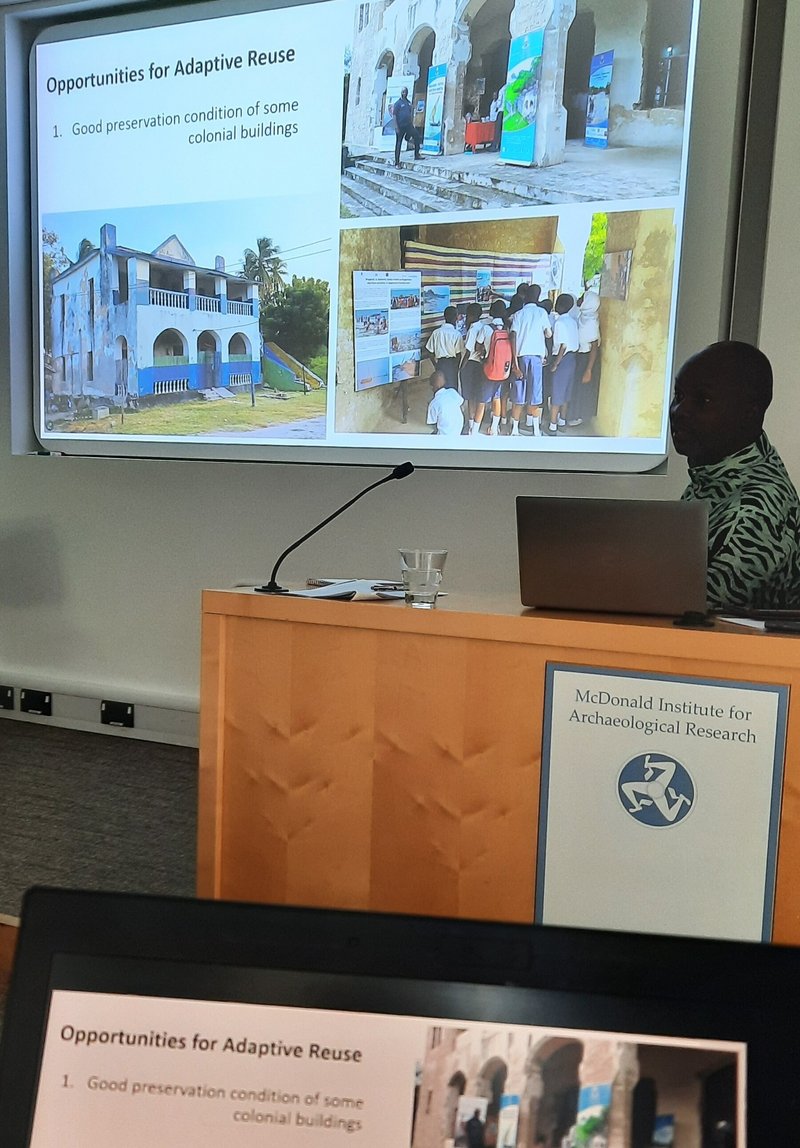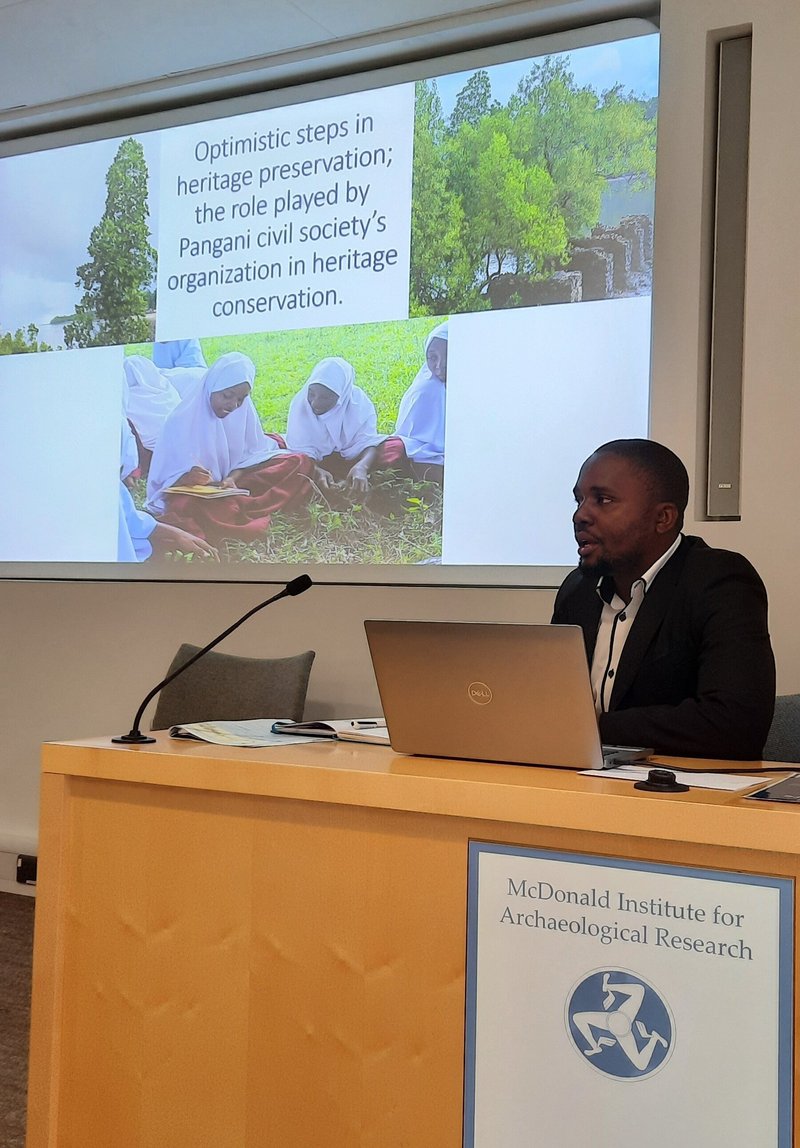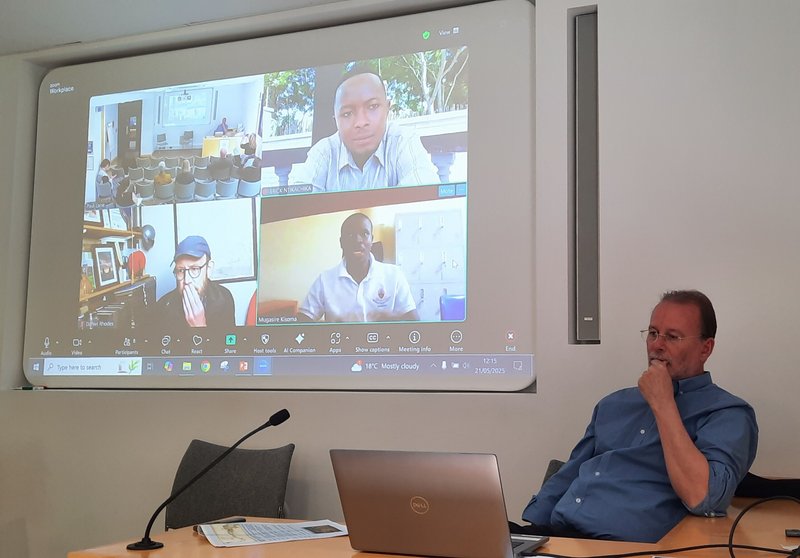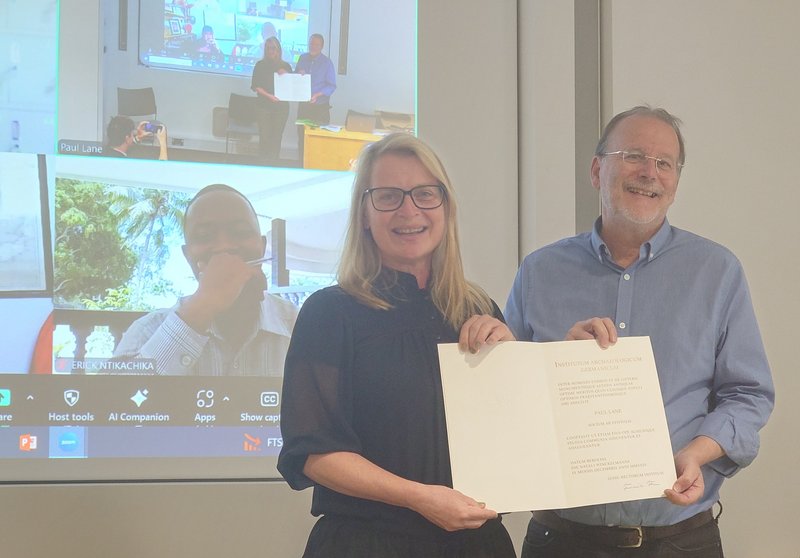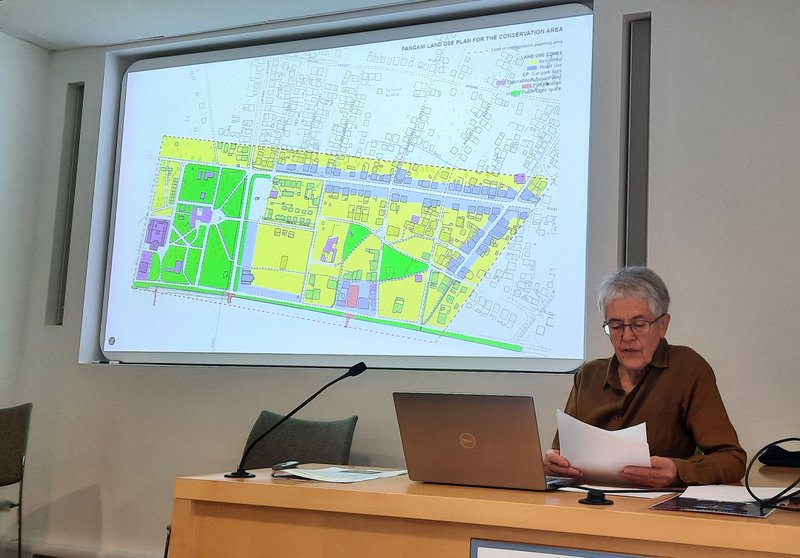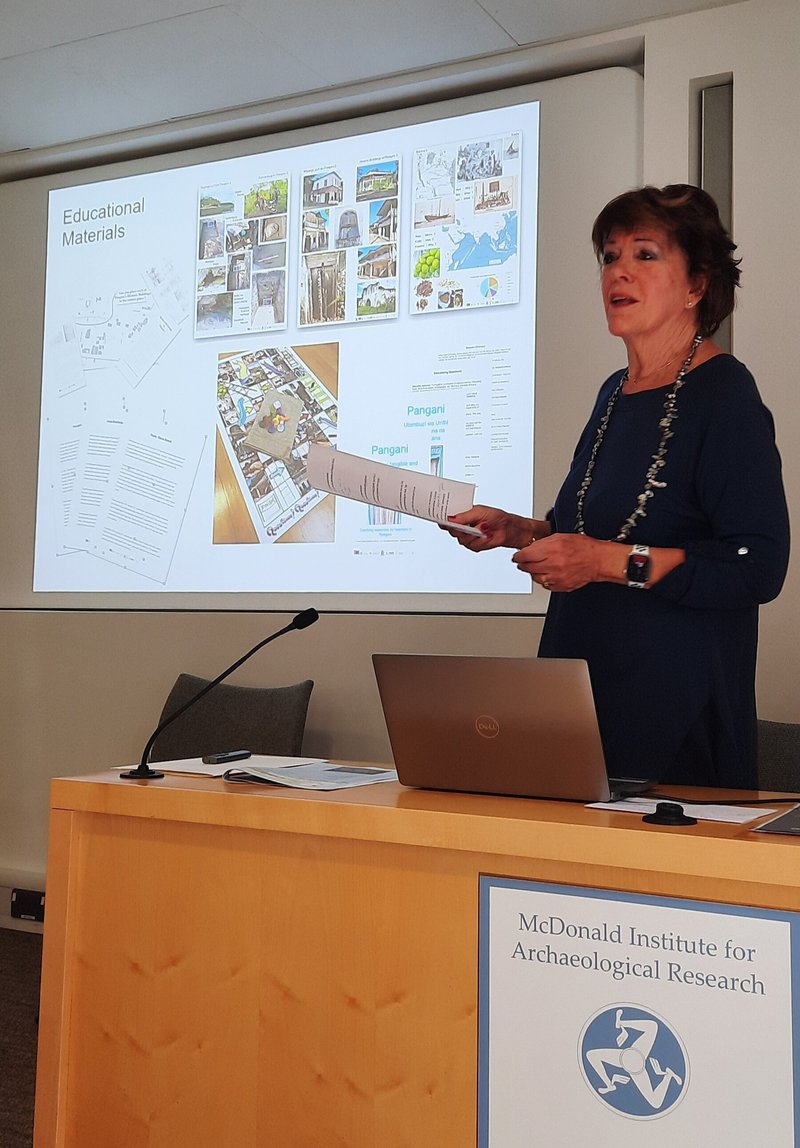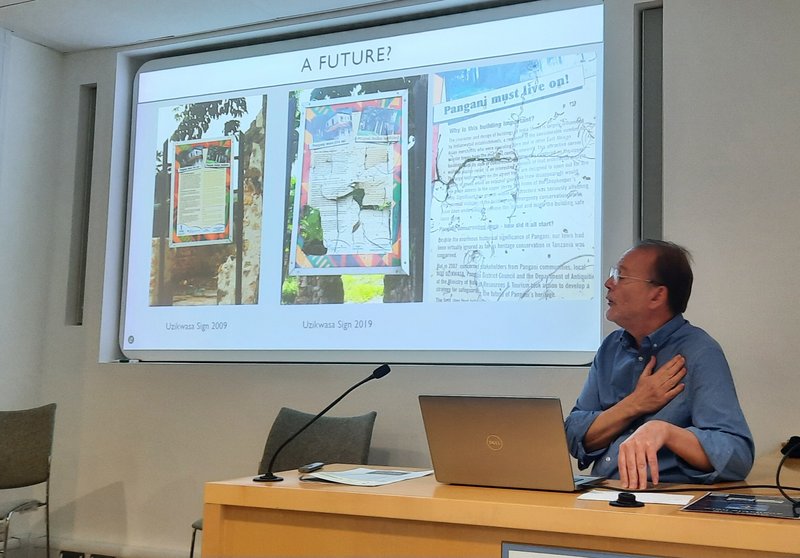Working with the Built Heritage of Colonialism in (Eastern) Africa
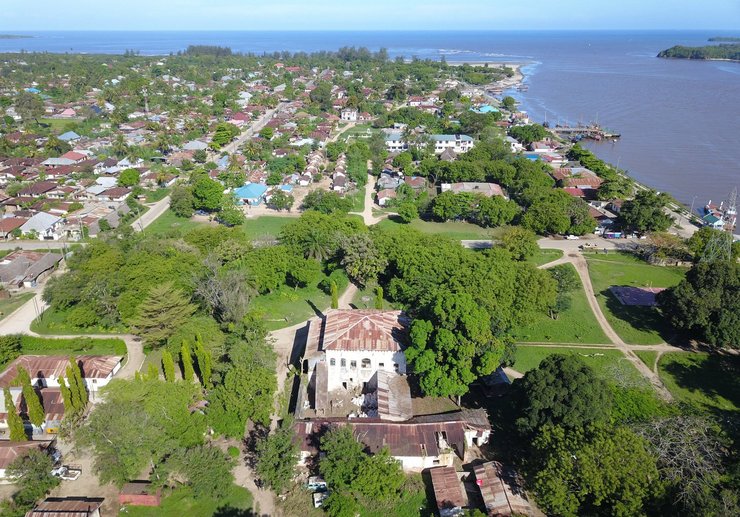
View over Pangani towards the historic town and the Indian Ocean shore, with the Boma in the foreground and the Pangani River to the right © DAI-KAAK // Christian Hartl-Reiter
On 20-21 May 2025, a two-day workshop at the McDonald Institute for Archaeological Research, University of Cambridge, brought together scholars from Tanzania, Germany and the United Kingdom to discuss different approaches and strategies currently employed for Making and Recording Histories, Memories and Heritage of German and British Colonialism in Tanzania’.
The hybrid event was organised by Paul Lane (University of Cambridge) and Cornelia Kleinitz (German Archaeological Institute, DAI-KAAK) and supported by the DAAD-University of Cambridge Research Hub for German Studies with funds from the German Federal Foreign Office, and supplementary support from the Arcadia-funded Mapping Africa’s Endangered Archaeological Sites & Monuments (MAEASaM) project. This follows two previous DAAD-funded events in 2021 and 2022 – an online workshop and a subsequent conference session at the 16th Congress of the Panafrican Archaeological Association for Prehistory and Related Studies (PAA) at the State University of Zanzibar, Tanzania – dedicated to discussing German and British colonial heritage across Africa.
These events were followed in 2023 by joint fieldwork in Pangani, Tanzania, in the framework of the ‘Pangani Shared Colonial Heritage Project’, funded by the German Federal Foreign Office from its Culture Preservation Programme (Kulturerhalt-Programm, KEP).
The aims of the 2025 workshop, which was hosted by the McDonald Institute for Archaeological Research at the University of Cambridge, were twofold. The first aim was to compare and contrast the opportunities and challenges of working with colonial heritage and the heritage legacies of colonialism across Africa – including Senegal (Paul Lane), Liberia (Karen Moon, Independent consultant), Ghana (Cornelia Kleinitz & Jörg Linstädter, DAI-KAAK), Uganda (Karen Moon), Sudan (Michael Mallinson, Mallinson Architects & Engineers Ltd) and Mozambique (Paul Lane) – with a particular focus on examples from Tanzania.
The latter included reflections on the adaptive reuse of colonial buildings across Tanzania (Thomas Biginagwa, University of Dar es-Salaam), the history and legacies of Zanzibar’s Peace Memorial Museum (Sarah Longair, University of Lincoln), material presences and absences of German colonial heritage at the Iringa Boma and beyond (Jan Kuever, University of Iringa / fahari yetu), strategies for managing Kilwa’s colonial built heritage (Stephanie Wynne-Jones, University of York & Mercy Mbogelah, Ministry of Natural Resources and Tourism) and overviews of potentials and challenges of working with diverse – and sometimes contradictory – aspects of colonial heritage in the coastal town of Pangani (Paul Lane, Cornelia Kleinitz & Karen Moon).
The second objective of the 2025 workshop was to review in detail the work that has already been undertaken in Pangani to document the town’s diverse built heritage with its elements of local, Indian, Omani/Zanzibari, German and British colonial building cultures. Previous efforts at conserving and renovating buildings, investigating the archaeology and architectural histories of the town, and various programmes of community engagement were showcased.
Presentations included discussions of locally-led conservation projects in the 2000s and early 2010s (Karen Moon), the CONCH project in the later 2010s (Paul Lane & Stephanie Wynne-Jones) and the ‘Pangani Shared Colonial Heritage Project’ in the 2020s (Cornelia Kleinitz) as well as an ‘optimistic view’ of the role of local civil society in heritage preservation (Severine Kizito, Lenga Mbali) and an encouraging account of the impact of ongoing heritage-focused educational programmes for local schools (Patricia Hart, ArchaeoLink).
The second day was closed by a productive Round Table discussion on possible – and ideally, sustainable – approaches to the further study and preservation of Pangani’s historic town, which built on several decades of joint experience of working in Pangani and elsewhere in (Eastern) Africa, and knowledge of the failures as well as the success of previous work. Discussion moved towards the development of an inclusive action plan that benefits from the input of an international network of experts and funders, the new Pangani Heritage Network, while being founded on the needs, capacities and leadership of Tanzanian, especially local, stakeholders.
The workshop and especially the Round Table discussion greatly benefitted from the contributions of the c. 50 participants from different disciplines and backgrounds present at Cambridge and online, including representatives of Pangani’s District Commission (Erick Ntikachika), the National Museum of Tanzania (Adson Ndyanabo), the University of Dar es-Salaam (Mugasire Kisoma) and the British Institute in Eastern Africa (Angela Kabiru). Other researchers familiar with Pangani and the wider Tanzanian and East African context, such as Daniel Rhodes (National Trust of Scotland) or Martin Walsh (Independent research, Cambridge) also provided helpful suggestions and input to the discussions, and helped make the workshop a success.
Kontakt
Dr.
Cornelia Kleinitz
, Wissenschaftliche Mitarbeiterin Sub-Sahara Afrika
Cornelia.Kleinitz@dainst.de
DAI Pressestelle
Podbielskiallee 69
14195 Berlin
Tel.: +49 (0)30 187711-120
Mail: presse@dainst.de
Partner
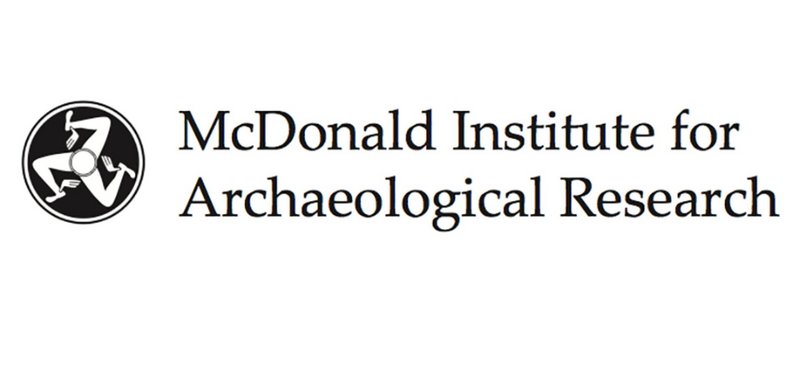
University of Cambridge, McDonald Institute for Archaeological Research
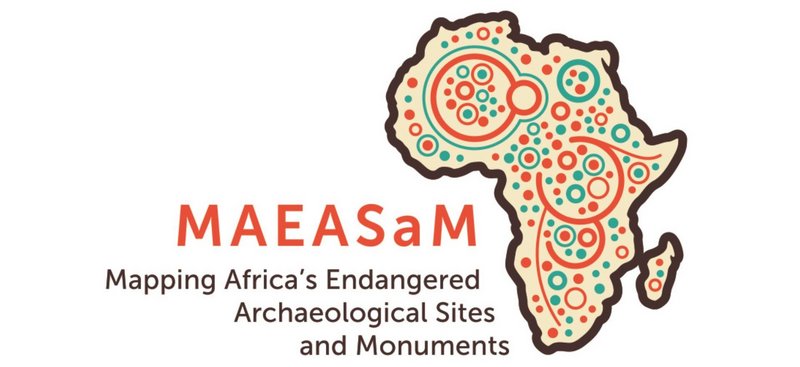
MAEASaM (Mapping Africa's Endangered Archaeological Sites and Monuments)
Förderer
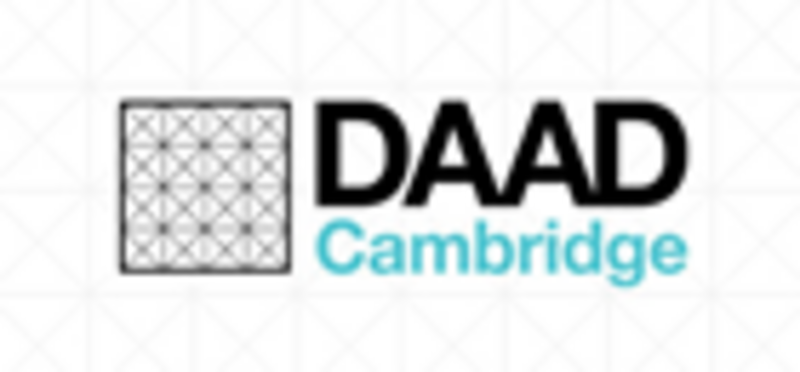
DAAD Cambridge Research Hub for German Studies
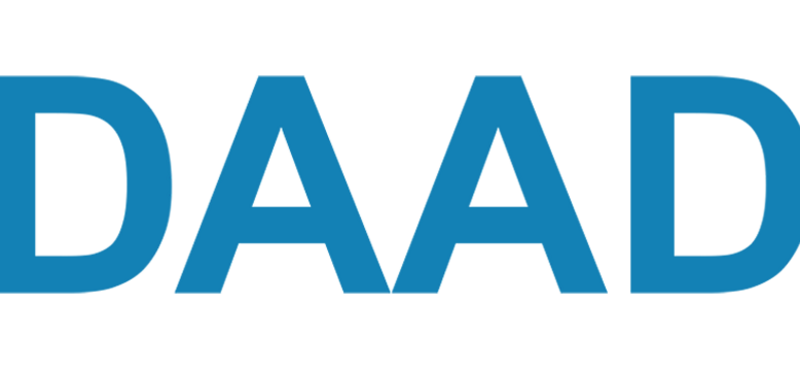
Deutscher Akademischer Austauschdienst (DAAD)
